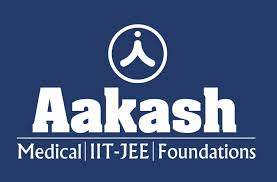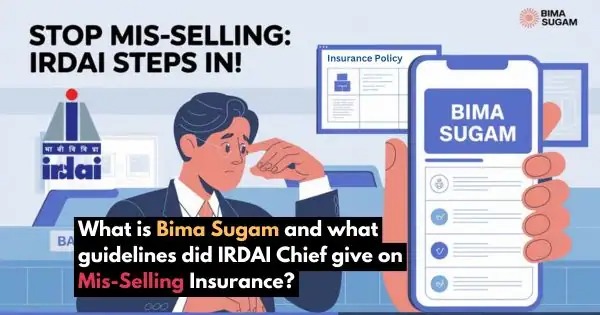1. The assessee has preferred this appeal u/s 260A of the Income Tax Act, 1961 (in short, "the Act") against the order of the Income Tax Appellate Tribunal, Amritsar Bench, Amritsar passed in I. T. A. No. 284(ASR)/2006 for the assessment year 1988-89.
2. Following substantial questions of law have been proposed:
1. Whether, on the facts and in the circumstances of the case, the Tribunal had erred in law by failing to appreciate that as the Assessing Officer had deviated from the assessee''s claim of non-leviability of interests under Sections 139(8) and 215/217 of the Act while processing the return of the assessee u/s 143(1) as on December 30,1999, the same therein being beyond the powers of the Assessing Officer as per the post-amended provisions of Section 143(1) of the Act was a ''mistake of law7 apparent from record which could be rectified u/s 154?
2. Whether, on the facts and in the circumstances of the case, the Tribunal had erred in law by failing to appreciate that when undisputedly the leviability of interests under Sections 139(8) and 215/217 was a debatable issue, then the leviability of the same was beyond the scope of Section 143(1) of the Act?
3. As per facts noticed in the impugned order of the Tribunal, the assesseein the return filed for the assessment year 1988-89 appended a note that it was not liable to interest under Sections 139(8) and 215/217 of the Act on the ground that the return was filed in consequence of the judgment of the hon''ble Supreme Court in
4. The assessee filed application u/s 154 of the Act on March 31, 2004, which was dismissed. Against the said order, the Commissioner of Income Tax (Appeals) dismissed the appeal of the assessee. The appellate authority accepted the claim of the assessee in view of the judgment of the Rajasthan High Court in CIT v. Prem Lata falani [2003] 264 ITR 774, with the observation that proper course for the Assessing Officer was to issue notice u/s 143(2) of the Act.
5. The Revenue preferred an appeal before the Tribunal. The Tribunal, inter alia, held that application u/s 154 of the Act was not maintainable after four years from the date of intimation, i.e., December 30, 1999. It was also observed that Section 154 of the Act could not be invoked where two views are possible. Reliance was placed on
6. We have heard learned Counsel for the appellant.
7. In view of the finding recorded by the learned Tribunal that the application u/s 154 of the Income Tax Act moved by the assessee-appellant was beyond a period of four years, which has not been challenged, we do not find any substantial question of law.
8. The appeal is dismissed.

